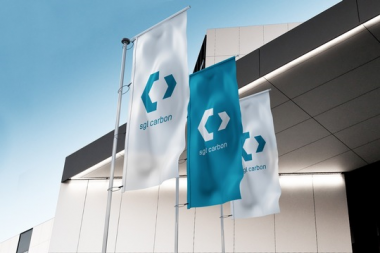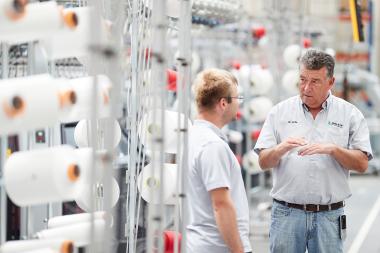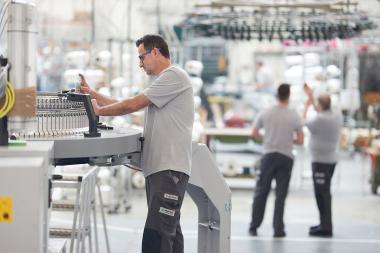ACIMIT: Italian machinery manufacturers at ITMA ASIA+CITME
A total of 59 Italian machinery manufacturers will be exhibiting at the upcoming ITMA ASIA+CITME, to be held from November 19 to 23 in Shanghai, as the event had been postponed for a year in the wake of the Covid-19 pandemic. Of these 59 manufacturers, 26 will be presenting technological innovations as part of the National Sector Groups, organized by ACIMIT and ITA – Italian Trade Agency. Occupying a surface area of around 2,000 square meters, Italy is among the major foreign exhibiting Countries at the event.
Asia is a major destination for Italy’s textile machinery manufacturers, with fully 38% of all Italian textile machinery exports during the first half of 2023 (amounting to roughly 338 million euros) directed towards Asian markets. China, in particular, is an absolutely important market for Italian companies: the first in Asia and the second worldwide behind Turkey in 2022. In the first six months of this year, Italian machinery sold in China reached a value of 81 million Euro.
“The general outlook for the Chinese market remains positive, although the demand for foreign machinery from local textile manufacturers has slowed somewhat for this first half of the year,” comments ACIMIT president Marco Salvadè. “Investments in the textile industry have never stopped, so there is no shortage of opportunities in China. I believe ITMA ASIA + CITME will confirm our expectations for a recovery in demand.”
ACIMIT






















